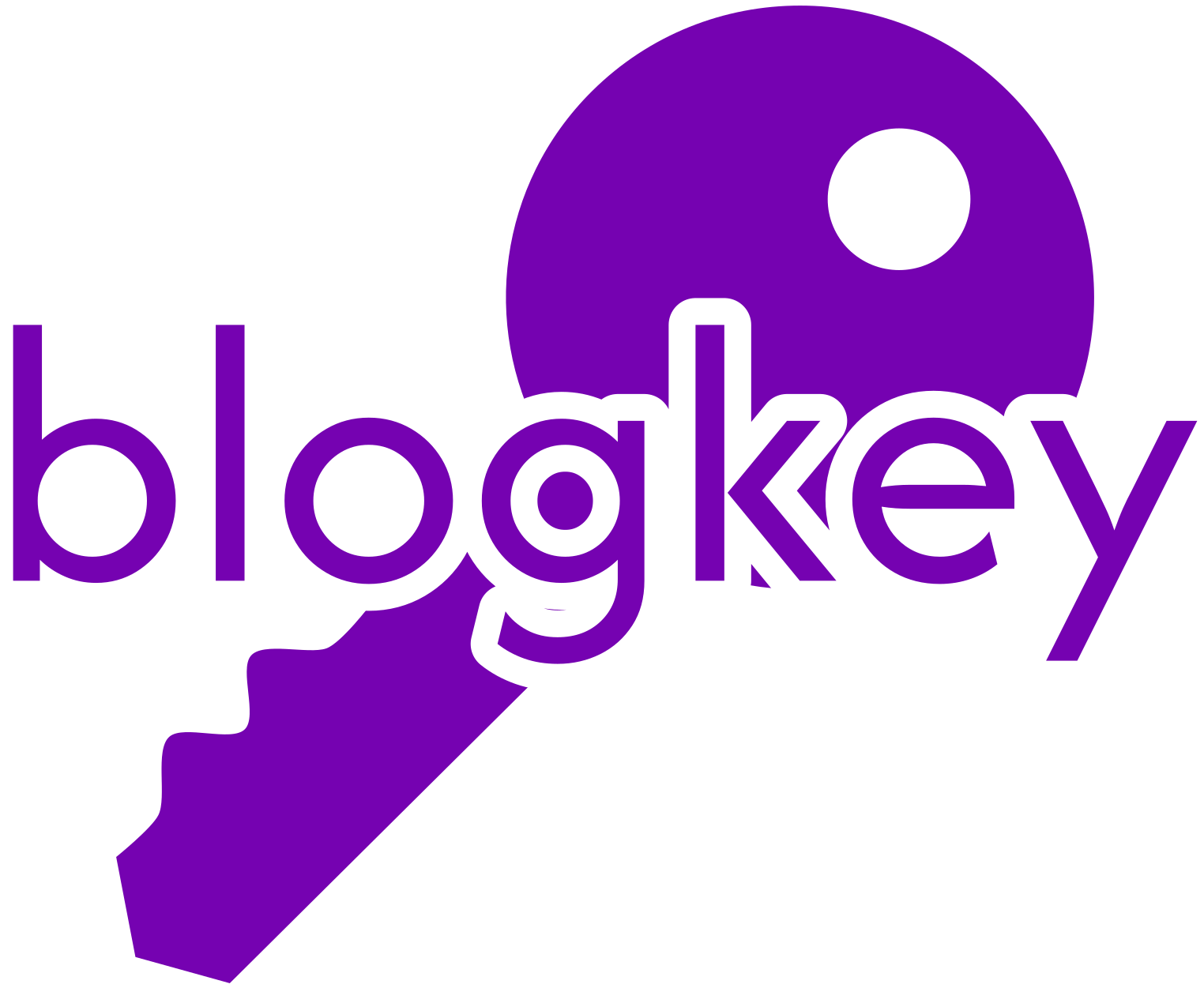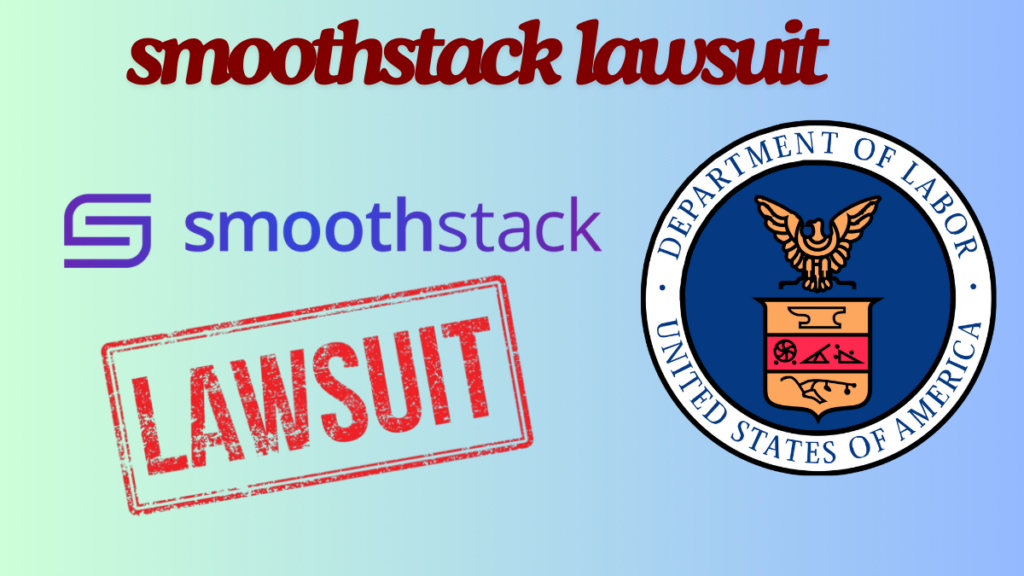As an worker, you anticipate honest treatment and compensation in your paintings. However, current allegations in opposition to Smoothstack Inc. And its co-founder Boris Kuiper have brought to mild practices which could surprise you. The U.S. Department of Labor has taken prison action, claiming that Smoothstack’s regulations resemble present day-day indentured servitude.
By requiring personnel to pay enormous expenses for leaving earlier than completing a hard and fast amount of billable hours, the business enterprise allegedly violated the Fair Labor Standards Act. This lawsuit raises important questions about worker rights and the balance of strength between employers and personnel in contemporary activity market. Let’s delve into the info of this situation and its capacity implications for the staff.
Background on the Smoothstack Lawsuit
The Allegations
The Smoothstack lawsuit centers on alleged violations of the Fair Labor Standards Act (FLSA). The U.S. Department of Labor claims that Smoothstack Inc. And its co-founder Boris Kuiper applied practices such as modern-day-day indentured servitude. At the heart of the allegations is a coverage requiring personnel to pay up to $30,000 if they left the business enterprise before finishing 4,000 billable hours, which equates to kind of two years of labor.
Impact on Employees
This controversial policy allegedly resulted in some personnel incomes less than the federal minimal salary, without delay contravening FLSA policies. The lawsuit asserts that Smoothstack’s practices correctly trapped people of their positions, because the threat of sizable economic consequences discouraged them from seeking alternative employment possibilities.
Legal Implications
The Smoothstack lawsuit highlights the continued demanding situations in balancing employer pursuits with employee rights. If the allegations are validated genuine, this example could set a huge precedent in how organizations structure their employment agreements, especially in industries with excessive schooling costs. The outcome of this prison conflict may have a long way-achieving outcomes for both employers and personnel across numerous sectors.
Key Allegations Against Smoothstack
Modern-Day Indentured Servitude
The Smoothstack lawsuit facilities on allegations that the enterprise’s employment practices quantity to a shape of modern-day indentured servitude. According to the Department of Labor, Smoothstack required employees to sign contracts obligating them to pay up to $30,000 if they left the company before completing 4,000 billable hours – approximately two years of full-time work. This practice allegedly restrained employees’ freedom to are searching for alternative employment opportunities.
Violations of Fair Labor Standards
The lawsuit claims that Smoothstack’s contractual duties brought about violations of the Fair Labor Standards Act (FLSA). Specifically, the Department of Labor alleges that a few employees earned much less than the federal minimal salary because of the potential compensation clause. This practice doubtlessly undermined employees’ rights to fair repayment and violated exertions laws designed to defend employee interests.
Implications for Tech Industry Practices
The Smoothstack lawsuit raises broader questions about employment practices in the tech enterprise, mainly for organizations supplying training packages. It highlights the tension between businesses’ desire to recoup education investments and employees’ rights to honest compensation and job mobility. The case may also set vital precedents for how tech firms structure employment agreements and compensate workers in training applications.
The Fair Labor Standards Act and Employee Rights
The Fair Labor Standards Act (FLSA) is a cornerstone of U.S. Labor regulation, designed to guard people’ rights and make certain truthful compensation. In mild of the Smoothstack lawsuit, it’s important to recognize how the FLSA safeguards personnel from exploitative practices.
Minimum Wage and Overtime Protections
The FLSA establishes a federal minimal wage and mandates additional time pay for hours labored past forty consistent with week. These provisions are crucial to the Smoothstack lawsuit, as the employer’s alleged practices may additionally have resulted in employees earning much less than the legally required minimal wage.
Prohibitions on “Kickbacks” and Involuntary Servitude
The Act prohibits employers from stressful “kickbacks” or imposing economic penalties that correctly reduce wages underneath the minimal threshold. This thing is mainly applicable to the Smoothstack lawsuit, in which the agency allegedly required significant payments from personnel who left before completing a exact term of provider.
Employee Classification and Rights
Understanding proper worker type is essential, as misclassification can result in FLSA violations. The Smoothstack lawsuit highlights the significance of efficiently categorizing people and ensuring they receive all rights and protections afforded by way of the FLSA, regardless of contractual agreements which could try to evade those protections.
Potential Damages in Wage Violation Lawsuits

Financial Implications for Employers
Wage violation lawsuits, like the Smoothstack lawsuit, can bring about sizeable economic consequences for employers. These may additionally encompass again pay for affected personnel, liquidated damages identical to the quantity of lower back wages owed, and civil consequences. In instances of willful violations, crook prosecution is feasible, doubtlessly leading to fines as much as $10,000 and imprisonment.
Impact on Employees
Employees subjected to salary violations often suffer considerable economic difficulty. In the Smoothstack lawsuit, employees allegedly earned less than minimal wage because of the company’s practices. Successful proceedings can bring about reimbursement for lost wages, beyond regular time pay, and different advantages that had been wrongfully withheld.
Reputational Damage
Beyond economic penalties, agencies dealing with wage violation complaints may revel in extreme reputational damage. This can cause difficulty in recruiting pinnacle talent, lack of enterprise partnerships, and decreased customer believe. The exposure surrounding the Smoothstack lawsuit, as an example, ought to have long-lasting results at the agency’s photograph and future operations.
Compliance and Reform
Wage violation lawsuits often activate groups to overtake their exertions practices. This may also contain implementing new payroll systems, imparting additional training for managers, and setting up clearer policies to ensure compliance with hard work laws. Such reforms can be pricey but are critical for stopping future violations and rebuilding agree with with employees and the public.
What This Means for the Tech Industry
The Smoothstack lawsuit serves as a take-heed call for the tech industry, highlighting the want for fair labor practices and moral treatment of personnel. This case brings to light numerous important implications:
Scrutiny of Training Programs
Tech companies supplying training programs may face extended scrutiny. The Smoothstack lawsuit demanding situations the exercise of requiring hefty compensation expenses from personnel who go away before a certain period. This could result in a re-evaluation of similar applications throughout the enterprise, making sure they do not border on exploitative practices.
Employee Rights and Fair Compensation
The allegations inside the Smoothstack lawsuit underscore the importance of fair reimbursement. Tech businesses should make sure their pay practices follow exertions legal guidelines, including minimal salary necessities. This case may prompt other corporations to study their reimbursement structures and regulations to avoid capability felony challenges.
Balancing Innovation and Ethics
As the tech enterprise continues to evolve, organizations have to strike a balance between innovation and moral practices. The Smoothstack lawsuit highlights the want for businesses to keep in mind the lengthy-time period implications of their schooling and employment models. It serves as a reminder that current tactics must now not come at the rate of employee rights and honest labor standards.
Conclusion
As this lawsuit unfolds, it serves as a stark reminder of the importance of truthful labor practices within the modern place of work. The allegations against Smoothstack highlight the need for vigilance in defensive employees’ rights and ensuring compliance with federal hard work legal guidelines. Whether you’re an agency or an worker, information and adhering to the Fair Labor Standards Act is essential.
This case may set a precedent for similar practices throughout industries, potentially reshaping how agencies shape their employment agreements. As the criminal method progresses, it’ll be critical to screen the final results and its implications for each workers and agencies within the United States.







